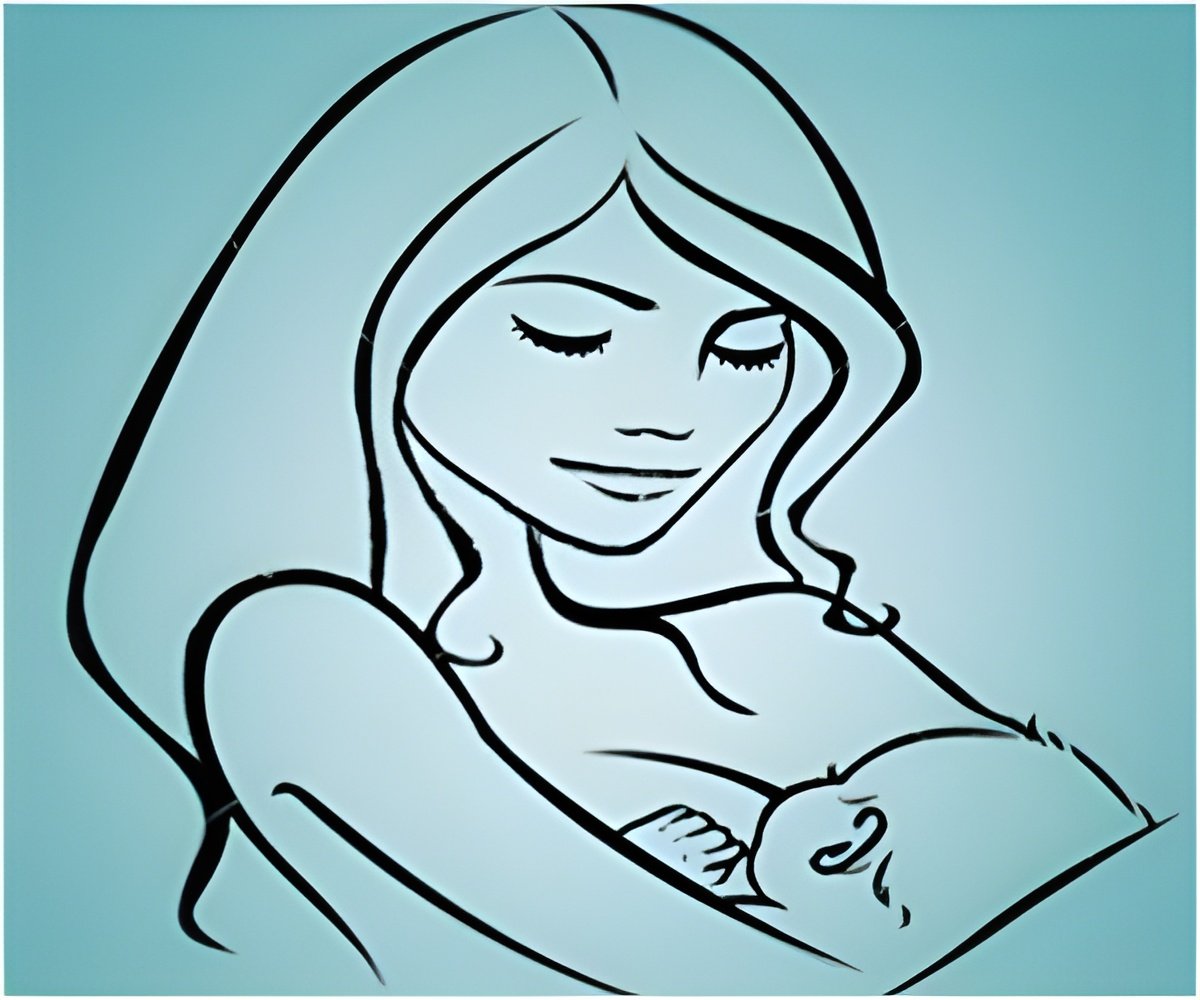
‘Physicians must understand the history of milk sharing--the important role it once played and its previous status as a well-regulated profession--in order to best advocate to patients and to policymakers for safer sharing practices and regulations.’
Tweet it Now
"While the practice of milk sharing has been around for centuries (as highlighted in this abstract), unregulated milk sharing via the internet presents safety concerns and is therefore discouraged," said Ruth Milanaik, DO, one of the authors of the study. "Physicians should be aware of the resurgence of this practice and encourage participation in regulated milk sharing via milk banks." Practices of milk sharing can be traced to 2000 B.C., when wet nurses would breastfeed a child that was not biologically their own. At this time, wet nurses played a vital, lifesaving role in feeding infants who had no alternative form of nutrition if their mother could not provide enough breastmilk herself. Wet nursing evolved into a well-regulated profession, with laws and contracts that governed its practice, including a requirement for completion of a medical examination before being registered.
Though commonplace, wet nursing did also face widespread criticism from those concerned about its effect on the mother-infant bond as well as the risk of disease transmission (exacerbated by the low socioeconomic status of many wet nurses). Despite these objections, the lack of hygienic bottles, suitable infant formula, and proper food sterilization techniques (to allow for storage of breastmilk) left feeding via wet nurse as the only safe alternative to a mother's own breastmilk for centuries. It was not until these inventions in the 18th and 19th century--combined with society's historical distrust of wet nurses--that wet nursing fell out of popularity.
"This project was actually borne out of another study we were conducting looking into the milk sharing practices of parents of newborns," said Nikita Sood, one of the authors of the study. "We thought it was important to examine the history of this practice so that we could better understand the culture around milk sharing and advocate for safe sharing of human milk."
Sood will present findings from "The Resurgence of the Wet Nurse" on Saturday, April 27 at 8 a.m. EDT. Reporters interested in an interview with Sood should contact [email protected]. Please note that only the abstracts are being presented at the meeting. In some cases, the researchers may have additional data to share with media.
Advertisement
Source-Eurekalert















